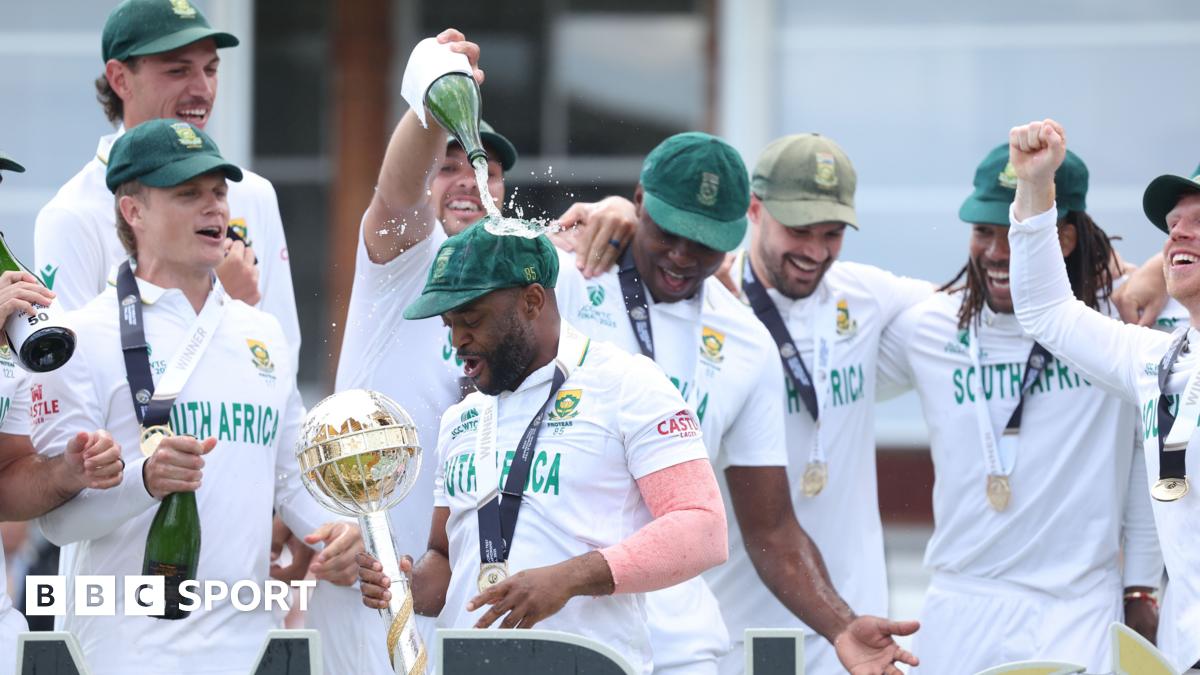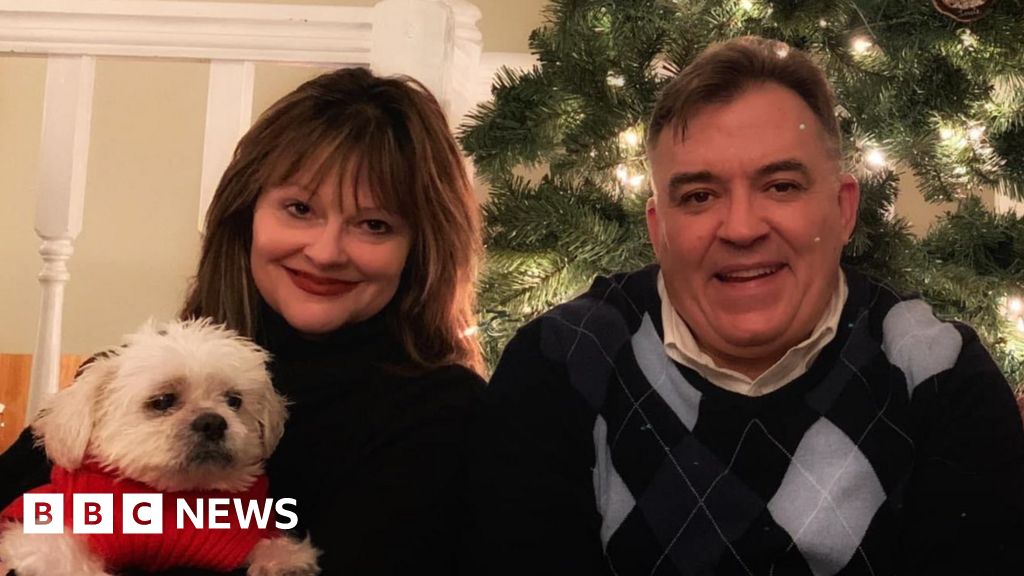Researching it later, I learned that the text came from the 51st Psalm: “Have mercy upon me, O God, according to thy loving kindness.” The lyrics were in Aramaic, the language that scholars think Jesus spoke in everyday life. The word used for God was Alaha. Francis kept his head bowed, with his chin sunk into his chest, throughout the entire performance. Those standing closest to him said later that there had been tears on his face.
Toward the end of the trip, we were all flying in the Pope Plane over the Black Sea, headed back to Rome, and I was allowed to ask a question. One question. There was a whole system. The pope stood at the front. The reporters approached one by one, as we were summoned, and sort of crouched down beside him. You were offered the microphone, and you asked your question, and he answered, and then you went back to your seat, no follow-ups. His right-hand man, the Vatican spokesperson Greg Burke, stood beside him, translating. This was in October 2016. The election in the States was a month away. I asked the pope what advice he would give to practicing Catholics who couldn’t decide how to vote. I specifically mentioned the ugly statements regarding immigrants that had been made by Donald Trump, one of the candidates.
I remember that he smiled, as if to say, “I see what you’re doing.” And he was right. My question was a setup. I had not thought of it as a trick or a trap, though. In my mind, I was teeing him up to articulate thoughts that I hoped he might be looking for an opportunity to express. But he was warier than that. Some months before, when Trump had been pushing his border wall plan, Francis had remarked to the press that it was not Christian to build such walls, and many had taken him to task for trying to meddle in American political affairs. He wasn’t going to make that mistake again. I have thought many times about the way he chose to answer instead.
“In electoral campaigns,” he said, “I never say a word. The people are sovereign.” Then he gave a word of advice, albeit in the form of almost a nonstatement: “Study the proposals well, pray and choose in conscience.” Then he said, and repeated, a more abstract idea. I’ve never quite made up my mind on whether it was a profundity or a banality. “When it happens that in whatever country, there are two, three or four candidates that no one likes, that means that the political life of the nation perhaps is too politicized, but perhaps it doesn’t have that much politics.”
He rephrased and reiterated this paradox: “There are nations, and I’m thinking of Latin America, which are too politicized, but they don’t have political culture.” Too “politicized,” but with no “political culture”? What did he mean by this, by political culture? “One of the jobs of the church,” he said, “also in the teaching in the [university] faculties, is teaching to have political culture.” But what is this culture? “People are from this party or that one,” he said, but “effectively without a clear thought on the foundations, the proposals.”
Source link














